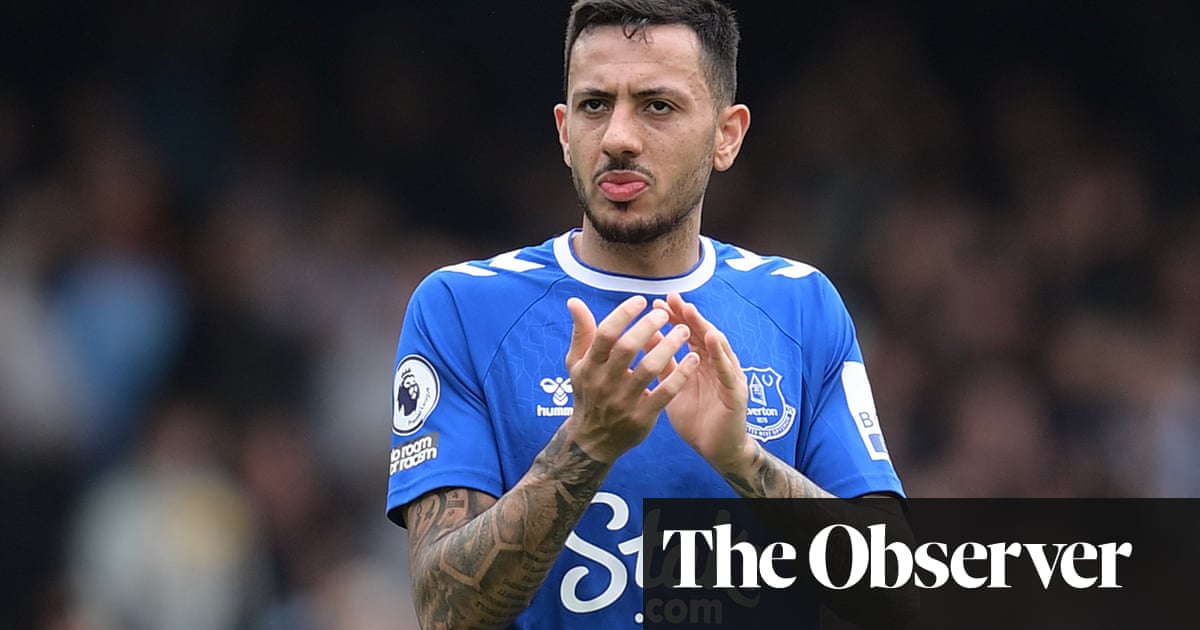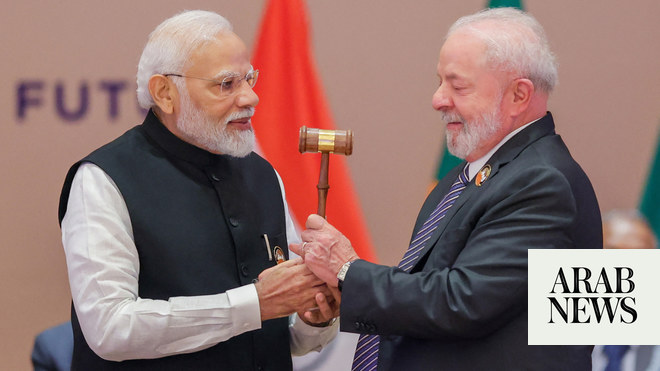
obody wins a prize for predicting that streaming TV will move up a gear in any upcoming year – but television on demand really is about to hit a whole new level in 2021. How much of the telly you watch this year will be on a live, linear channel, at the scheduled hour, with millions of others tuning in at exactly the same time? For many of us, the answer is getting dangerously close to none.
The stay-at-home atomisation of culture has been accelerated by the pandemic, which has boosted streaming. And a flurry of recent announcements has shown that, in 2021 and beyond, it will undergo another major expansion. Disney+ casually revealed that it has more than 50 Marvel, Star Wars, Disney and Pixar originals in the pipeline, to follow on from its already announced Marvel live-action series, and a Boba Fett-focused show to capitalise on the enormous success of The Mandalorian.
Netflix should welcome back Sex Education, Top Boy, After Life and The Witcher in 2021, but a more eye-catching flexing of its muscles came when it unveiled a slate of fresh literary adaptations: Half Bad, Lockwood & Co, The Seven Deaths of Evelyn Hardcastle and Cuckoo Song will all be made exclusively for the streamer over the coming years, adding to the previously announced Anatomy of a Scandal and Behind Her Eyes to create an array of series based on popular books. These are the sort of programmes you would once have assumed would be on BBC One or ITV at 9pm on a weeknight. The festive Aardman musical Robin Robin and the upcoming Man vs Bee, in which Rowan Atkinson will spend 10 episodes trying to swat an insect, also feel like shows that would, until quite recently, not naturally have been found on streaming services.
Amazon, meanwhile, continues to put big piles of chips on single-genre bets. Having successfully scooped up a certain demographic with The Grand Tour, this year it might – possibly – finally unleash a series that could become a whole entertainment ecosystem all by itself: the dizzyingly expensive new drama based on The Lord of the Rings.
What does all this mean for the humble British TV channel, still dutifully broadcasting programmes through the air on a pre-announced day of the week, like we used to in the Before Times? Inevitably, they are changing rapidly, too.
Channel 4 is modernising the fastest. Advertising revenues from broadcasting were dwindling already, and cratered during the pandemic, prompting it to place even more emphasis on its on-demand offering. Usage of its streaming service All 4 increased by a quarter in 2020 and will, it’s hoped, double over the next five years, with chief executive Alex Mahon observing that Channel 4’s younger audience means “we will make choices that prioritise digital when it comes to types of shows, windowing the shows and how we monetise them. That is a big switch.”
It is a similar story for broadcasting’s other big beasts. From April, the BBC is to do away with a senior management role that has, for decades, been at the centre of its decision-making: the channel controller. Formerly each channel had its own boss, charged with maintaining a distinct brand identity – popular entertainment and a snapshot of the national conversation on BBC One; subtitled dramas and documentaries about Hawkwind on BBC Four, and so on – including rejecting programmes that might have been green-lit by comedy, drama or factual bosses. Now, those genre heads are to be given free rein, which heavily implies that iPlayer will continue eating old-fashioned BBC broadcasting alive.
“For us it isn’t completely an either/or,” counters Dan McGolpin, whose slightly renamed but surely much more powerful new role after the shake-up will be director of BBC iPlayer & channels. “Over 20% of the viewing on iPlayer is to our [live] channels. The technology itself doesn’t mean you have to watch on demand. It’s just that once you’re able to offer people choice, they do often choose to watch at a time that is suitable for them.”
This is the simple truth that might ultimately do for linear TV channels: much as some viewers may insist that they would rather watch whatever happens to be on, once you give them the option to pick programmes themselves, they tend not to go back. McGolpin says that’s true not just of younger BBC viewers, but of older audiences, too. “People are moving towards environments where they’ve got more control.”
“The next wave of people moving to streaming and taking multiple services look much more like our parents than they do our kids,” says Reemah Sakaan, who oversees the nostalgia-heavy BritBox as ITV’s group director of streaming video on demand. “Most BritBox subscribers have already got another streaming service.”
But in a world where Disney+ is making three whole series spinning off from The Mandalorian, the point at which humanity cannot cope with any more streaming shows is arguably within sight. So it might be said that linear channels’ role as an antidote to the tyranny of choice means they are still crucial. Rather than pick between 600 acclaimed new box sets, many punters may want to just stick BBC One or ITV on and be done with it.
“Absolutely,” says McGolpin. “Look at BBC One on a Sunday night: it’s very easy to sit back and enjoy a whole evening of entertainment. Public service broadcasting at its finest! That’s not going anywhere. If that’s how people choose to watch, they’ll be able to for the foreseeable.”
Young and old viewers also still enjoy a type of telly that is strongly associated with regular broadcasting: the shared experience. “There’s something social we lose when we all go off on our own journeys, watching things in our own time,” says McGolpin. “The BBC is at its best when it’s bringing the nation together. Sometimes things are happening that you really want to join in with in the moment, like Strictly or the FA Cup. Thankfully, in 2021, there should be a lot more live events than there were in 2020.”
Channel 4’s The Great British Bake Off, which is not a live programme but is treated by viewers as if it is, broke ratings records last year with both its opening and closing episodes. I’m a Celebrity did its usual good business for ITV, and Strictly Come Dancing also overcame Covid filming restrictions to remain a huge communal celebration. “It was the biggest Strictly since 2017,” reports McGolpin, “and the biggest 16- to 34-year-old audience since 2010. That was one of the strange effects of 2020.”
The snag there for fans of old-school broadcast TV is that streaming can also deliver programmes that are designed to be enjoyed by everyone together: many viewers of Bake Off, Strictly and I’m a Celeb were seeing them at or very near the scheduled broadcast time, but online. Even events that are really only watched completely live, such as football, do fine on streaming: the Premier League is occasionally shown via Amazon Prime Video rather than on Sky or BT, without anyone really noticing.
There is still room for the broadcasters, and indeed streaming-only platforms, to build hype by releasing comedy or drama episodes one by one instead of in a box set. I May Destroy You, His Dark Materials and The Mandalorian all benefited from that approach in 2020, each becoming a weekly landmark. But that measure of control is one that viewers will likely soon claim for themselves.
“I’m a big advocate of putting the choice in the hands of the viewer,” McGolpin concludes. “We can second-guess [their preferred] release models, but it’s good to let the viewer decide. Schedules and channels are going to be around for many, many years. That will still be an option. But the direction of travel is one way.”












